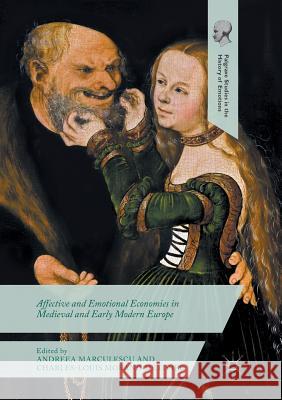Affective and Emotional Economies in Medieval and Early Modern Europe » książka
topmenu
Affective and Emotional Economies in Medieval and Early Modern Europe
ISBN-13: 9783319869094 / Angielski / Miękka / 2018 / 278 str.
Kategorie BISAC:
Wydawca:
Palgrave MacMillan
Seria wydawnicza:
Język:
Angielski
ISBN-13:
9783319869094
Rok wydania:
2018
Wydanie:
Softcover Repri
Ilość stron:
278
Waga:
0.35 kg
Wymiary:
21.01 x 14.81 x 1.55
Oprawa:
Miękka
Wolumenów:
01
Dodatkowe informacje:
Wydanie ilustrowane











